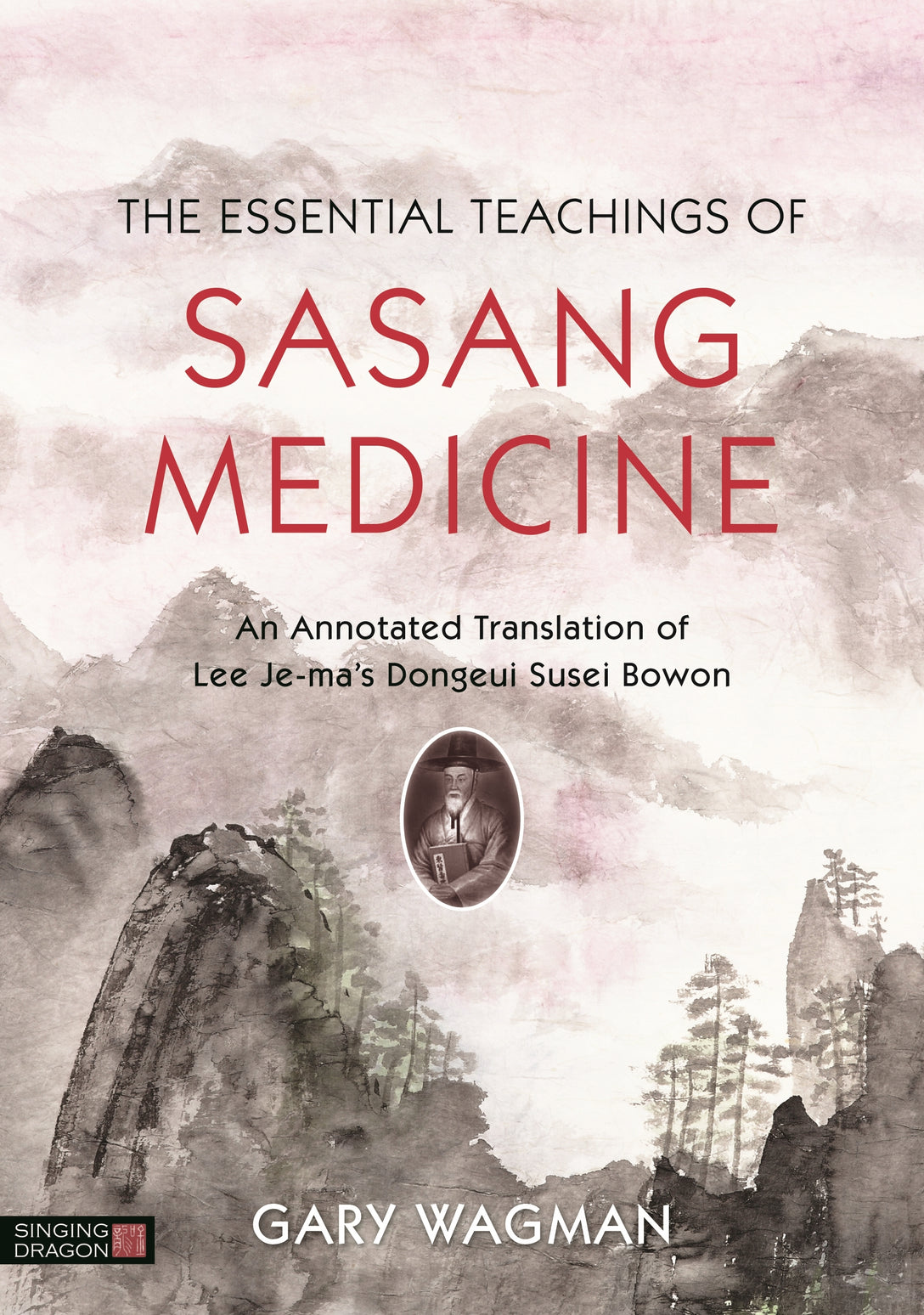
Press Reviews
Kim Man San, PhD - Director of the Institute of Classic Asian Studies and Professor of Asian Philosophy, Chungnam State University, Daejeon, Republic of Korea
The Sasang method was developed by a Korean scholar named Lee Je-ma, who published a single medical text entitled Dongeui Susei Bowon. The product of prolonged study and several years of extensive research, Gary Wagman's annotated translation of this text is a significant accomplishment. Despite the numerous differences between the East and the West, this translation is the culmination of a dedicated effort to bridge cultural dissimilarities while preserving the essence of Lee Je-ma's teachings.
Hwang Minwoo, KMD, PhD, Professor, College of Korean Medicine, Kyunghee University, Seoul, Republic of Korea, and Clinical Doctor, Sasang Medicine Clinic, Kyung Hee University Hospital at Gangdong
I would like to wholeheartedly congratulate Gary Wagman on the completion of his English translation of the Dongeui Susei Bowon. While reviewing the manuscript, I reflected on how much effort, enthusiasm, and time this translation must have taken to complete. It is my sincere hope that Sasang Medicine will spread to every corner of the earth, calming and healing the bodies and minds of more and more people.
Professor Denis Noble, Balliol College, Oxford, author of The Music of Life
Dr Wagman has produced a text of unusual clarity about a tradition of medicine that can appear opaque and difficult to westerners. Lee Je-ma was a great philosopher as well as the pioneer of Sa-Sang medicine. Wagman has distilled both aspects of his work.
Sande McDaniel, Publisher of Oriental Medicine Journal
The Essential Teachings of Sasang Medicine is a brilliant piece of work! Not only is this book comprehensive and practical, but it is written to help the reader cultivate the proper balance of mind and body. An exciting feature of this book is specific cases showing how to apply over one hundred herbal formula for effective treatment.
Edwin L. Cooper, Distinguished Professor of neurobiology, UCLA and Founding Editor-in-Chief, Evidence-Based Complementary and Alternative Medicine Journal
Every ancient culture developed unique versions of medical practice. Each included components from religion, natural history and often remedies derived from animals and plants. Almost every internal and external disease known to humans possessed an anatomical (internal and external) remedy providing relatively effective approaches to assist the sick. Now we move forward in time with a focus on the merits of Korean approaches to treatment and healing. Gary Wagman practices Sasang Medicine with distinctive experience: he has created a comprehensively annotated translation of the Dongeui Susei Bowon original text of Sasang Medicine written by Lee Je-ma. Based on ancient teachings of Asian philosophy, Sasang Medicine is now noticed in modern research as it relates to genetic, biological, and behavioral sciences. Lee Je-ma's original text, and Gary Wagman's precisely annotated translation, reveal an insightful doctor and scholar who saw that the human body is an integrative biological system deeply influenced by constitutionally-specific physiological and psychological traits. Supporting his scholarly expertise Gary has lived in Korea for eight years, allowing him devotion to the Korean language and analyses of Sasang Medicine. He monitored a collaborative study between KIOM (Korean Institute of Oriental Medicine) via Dr. Kim Jong Yeal and the National College of Natural Medicine in Portland Oregon where he lives. Not resting, Gary has written a book entitled Your Yin Yang Body Type and other relevant publications defining etiological approaches to Sasang Medicine. Gary has now translated Dongeui Susei Bowon, an amalgam of Sasang philosophy, theory, diagnostic criteria and clinical application. With a firm theoretical basis and numerous clinical applications, the Sasang method offers a unique approach that could potentially narrow gaps between Eastern and Western medicine.
John E Smith
The HerbalistThe Essential Teachings' contains more than 100 herbal formulae (...) as with many ancient medicinal texts, some of the formulae are no longer available (...) but nonetheless worthy of study by the serious student or practitioner of herbal medicine.

